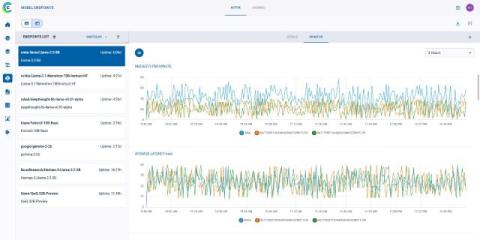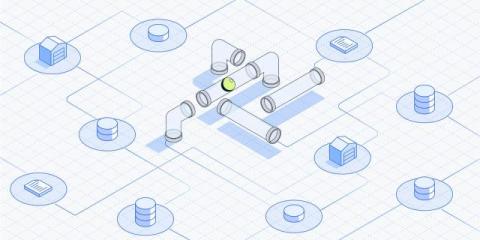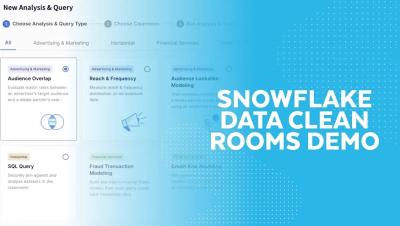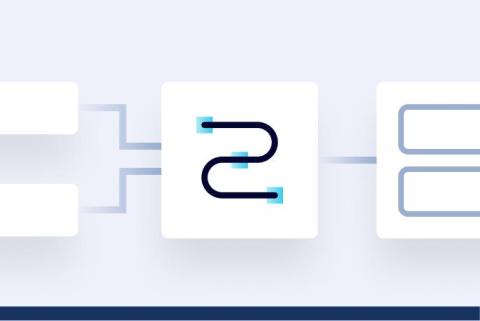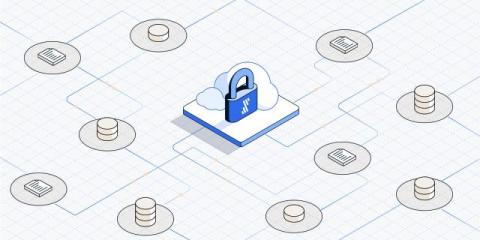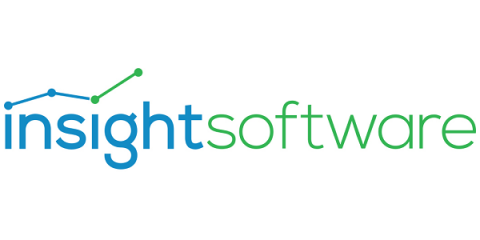The Only Guide You Need to Set up Databricks ETL
Databricks is a cloud-based platform that simplifies ETL (Extract, Transform, Load) processes, making it easier to manage and analyze large-scale data. Powered by Apache Spark and Delta Lake, Databricks ensures efficient data extraction, transformation, and loading with features like real-time processing, collaborative workspaces, and automated workflows.






